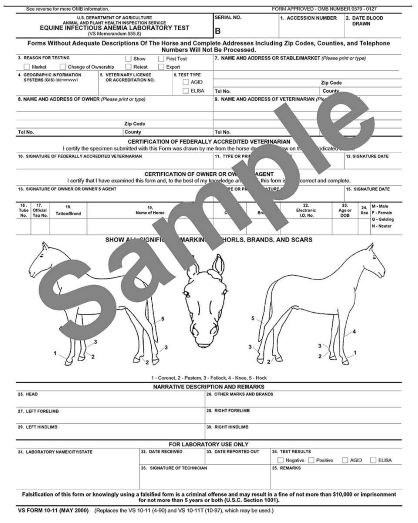
From AAEP: Hitting the road with your horse, either for pleasure or for business/competition? Most horse owners know that a negative Coggins test is a must-have for crossing state lines or entering competitions (or even boarding at someone’s barn). But let’s not forget that even homebodies need it! A “Coggins” is a blood test that […]
Continue reading …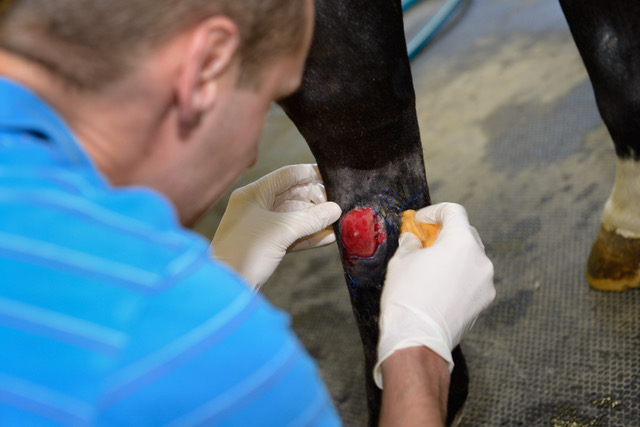
From Equine Science Update: Recent research suggests that a synthetic skin spray could aid in wound healing by limiting the formation of exuberant granulation tissue. Due to their nature, horses are prone to injuring themselves. Wounds on the lower legs are particularly likely to heal slowly, often involving exuberant granulation tissue (EGT). This excessive tissue growth, commonly known […]
Continue reading …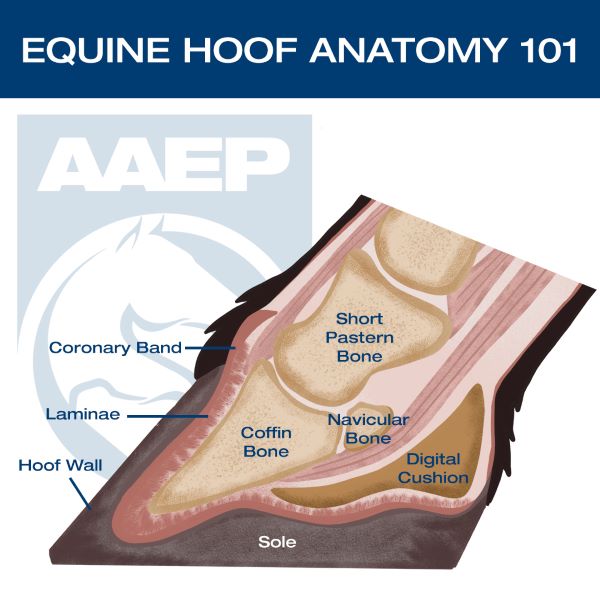
From AAEP: Sooner or later (and especially at this time of year), nearly all horse owners will deal with a hoof abscess. But what does “hoof abscess” actually mean? The diagram below shows a simplified view of the equine hoof to help you visualize the structures involved in this process. Although most commonly seen […]
Continue reading …A Sound Economic Investment – The Pre-Purchase Exam
March 23, 2024 Comments Off on A Sound Economic Investment – The Pre-Purchase Exam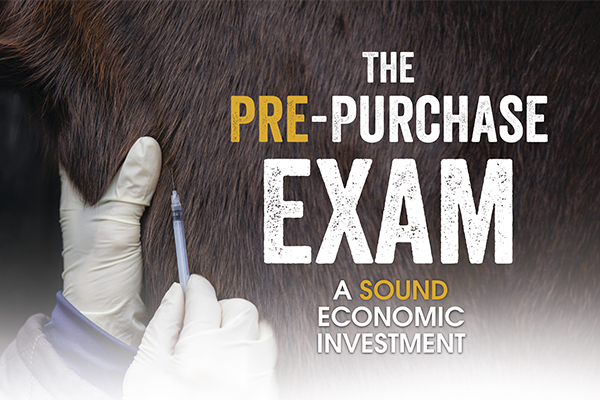
A horse seldom comes with a money-back guarantee. That is why it is so very important to complete your due diligence investigation before you make the purchase and take possession of a horse. And, while many equine professionals can help you evaluate the merits of a particular pedigree or performance achievements, only an experienced equine veterinarian can help you determine the physical condition and overall health of an animal.
Continue reading …Colic Surgery: What You Should Know
March 22, 2024 Comments Off on Colic Surgery: What You Should Know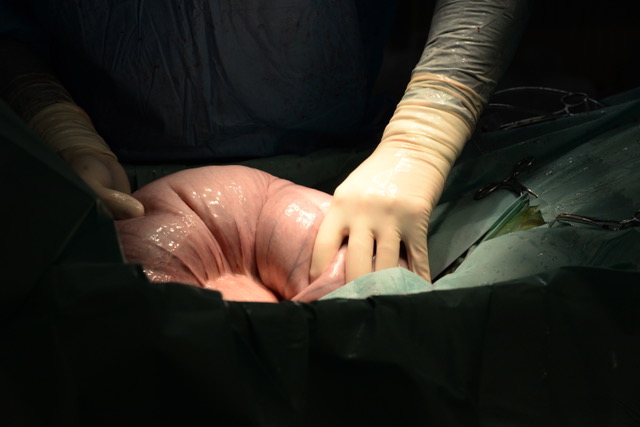
By Brian S. Burks, DVM, Diplomate, ABVP, Board Certified Equine Specialist Fox Run Equine Center Suddenly, you are faced with an enormous decision about your best horse. The choice is colic surgery or euthanasia. You only have a few minutes to decide, and the outcome is uncertain. Will he have a good quality of […]
Continue reading …Horse Portal Extends Free Offer to Youth
March 22, 2024 Comments Off on Horse Portal Extends Free Offer to Youth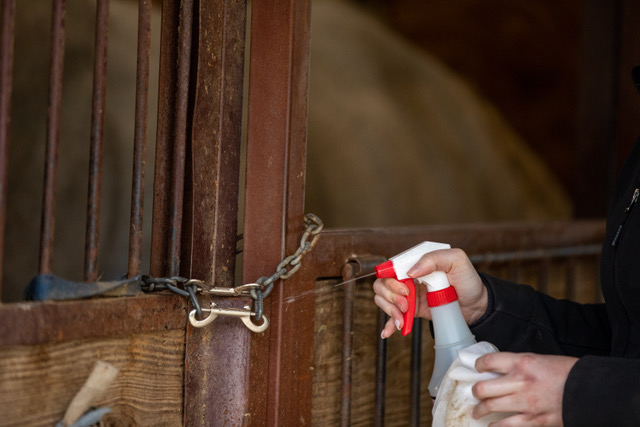
By Jackie Bellamy-Zions, Equine Guelph: Start Early with Sickness Prevention! Learning healthy habits early makes biosecurity second nature and that is why Equine Guelph is offering their Sickness Prevention in Horses short online course on TheHorsePortal.ca FREE to teenagers (14 – 17). The March 18 – 29 offering of this course will be open to the grass roots of […]
Continue reading …Pros And Cons Of Non-Steroidal Anti-inflammatory Drugs For Horses
March 19, 2024 Comments Off on Pros And Cons Of Non-Steroidal Anti-inflammatory Drugs For Horses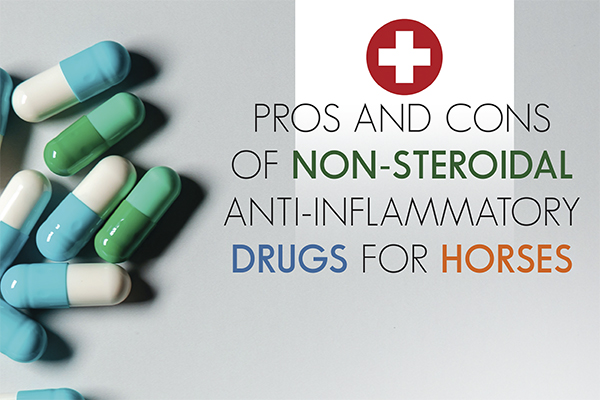
Humans and horses share some of the same ailments like painful arthritis, swelling and discomfort from injuries, sore muscles, etc. that can benefit from anti-inflammatory medication. Ste-roids can relieve pain and swelling, but have some adverse side effects, especially if given frequently. Non-steroidal anti-inflammatories (NSAIDs) are more commonly used. Humans often self-treat with Advil, ibuprofen, aspirin, etc. and horse owners frequently use Banamine, Phenylbutazone (Bute) and some of the newer equine NSAID products for their horses.
Continue reading …A New Approach To An Old Malady: The Latest In Orthobiologics
March 17, 2024 Comments Off on A New Approach To An Old Malady: The Latest In Orthobiologics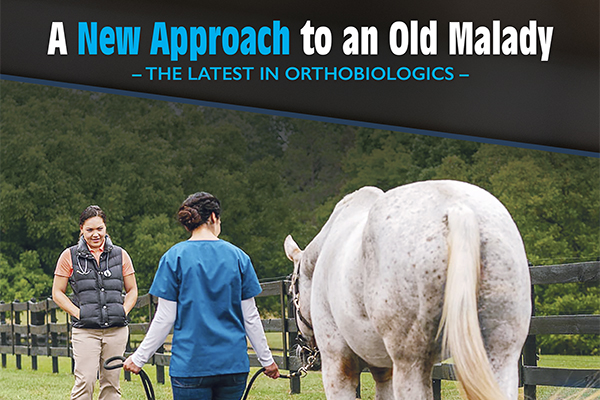
Researchers are looking at how to use a horse’s own body to battle osteoarthritis.
Continue reading …Spring Forward Horse Health With Vaccinations
March 14, 2024 Comments Off on Spring Forward Horse Health With Vaccinations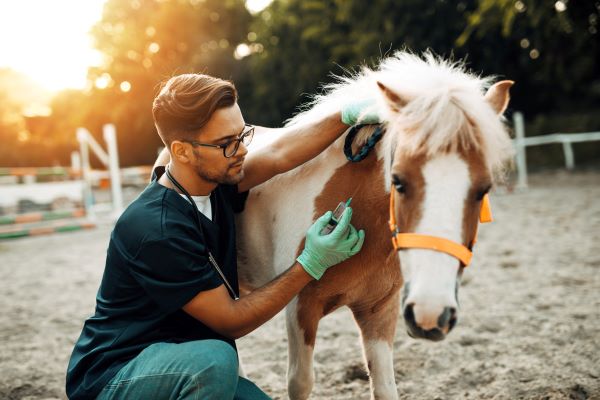
From Valley Vet Supply: By Tony Hawkins, DVM, Valley Vet Supply Consulting Veterinarian “Healthy as a horse” starts with spring vaccinations. As horses are exposed daily to the environment, wildlife and mosquitoes that transmit the five core equine diseases, it’s important to follow the American Association of Equine Practitioners (AAEP) core equine disease vaccination protocol. […]
Continue reading …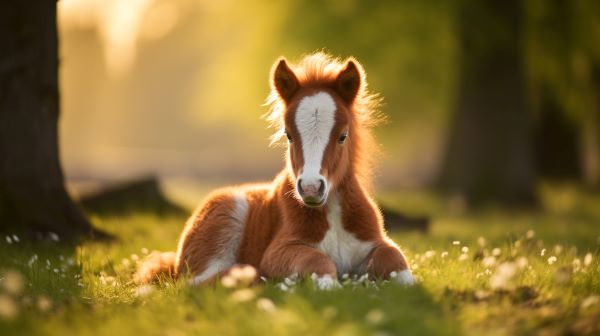
From Equine Science Update, posted by Mark Andrews: Can the growth and maturation of yearling Thoroughbreds be accelerated by artificially extending the day length? A Japanese study has been exploring this possibility. Hokkaido, the mostly northerly of Japan’s main islands, is the primary breeding ground for over 97% of Thoroughbreds in the country. Hokkaido experiences […]
Continue reading …







